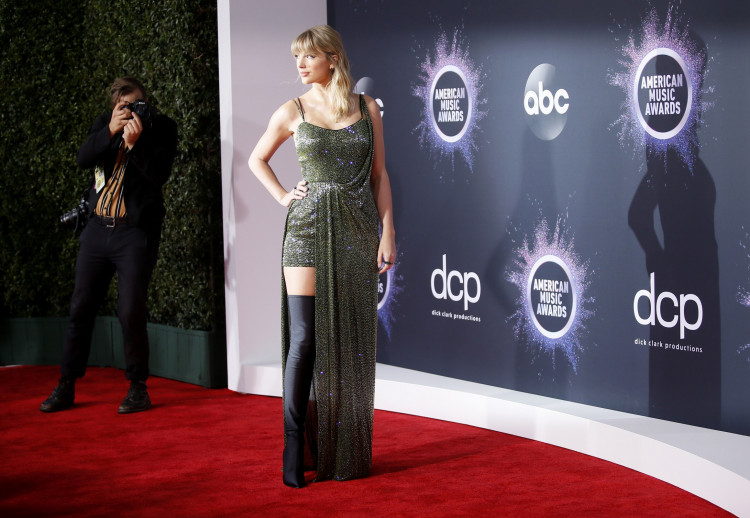The "Eras Tour" by American pop sensation Taylor Swift has sparked a controversy in Southeast Asia, with allegations of an exclusivity deal with Singapore causing friction among neighboring countries.
Filipino lawmaker Joey Salceda has called upon his nation's Department of Foreign Affairs to protest what he deems an unfair agreement that restricts Swift's tour to Singapore, thereby sidelining other Southeast Asian countries with significant Swift fanbases, including the Philippines. Salceda criticized the deal for hindering regional tourism and cultural exchange, suggesting that such maneuvers are not in the spirit of good neighborliness.
The contention arises from reports that the Singaporean government offered Swift's team substantial financial incentives, rumored to be up to $3 million per show, to ensure the "Eras Tour" would be exclusive to the city-state within the region. This move, according to Thai Prime Minister Srettha Thavisin, was strategically designed to boost Singapore's tourism and economy by drawing in concertgoers from across Southeast Asia. The exclusivity deal is reported to have led to significant economic benefits for Singapore, with increased demand for hotels and airlines and an estimated $60 million boost in industry revenues.
The Philippine congressman's call for official opposition to the exclusivity terms underscores the tension such arrangements can create within regional alliances like the Association of Southeast Asian Nations (ASEAN), of which both the Philippines and Singapore are members. Salceda's stance reflects a broader concern about the impact of such deals on cultural access and economic opportunities for ASEAN countries.
Singaporean officials have acknowledged government support for the "Eras Tour" but have not disclosed specific financial details. The Singapore Tourism Board and the Ministry of Culture, Community and Youth highlighted the tour's success in attracting over 300,000 ticket sales, with many international fans traveling to Singapore for the event.
The dispute sheds light on the broader implications of exclusive concert arrangements, which are relatively uncommon in the music industry. Experts like James Walton of Deloitte Asia Pacific note that artists typically aim to reach as wide an audience as possible, making such exclusivity deals unusual. The controversy surrounding Swift's "Eras Tour" in Southeast Asia underscores the delicate balance between economic interests and cultural inclusivity in the global entertainment industry.
As Taylor Swift continues to perform to sold-out crowds in Singapore's National Stadium, the debate over the exclusivity deal serves as a reminder of the powerful economic and cultural impact of major music tours. With Swift's "Eras Tour" already named the highest-grossing music tour in history by Pollstar, the ongoing discussions in Southeast Asia highlight the complexities of hosting such monumental events in a region known for its vibrant cultural diversity and strong regional ties.





